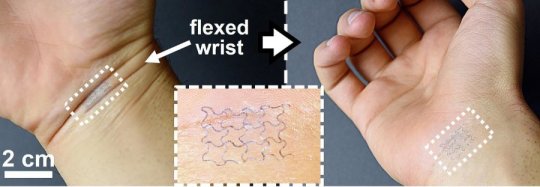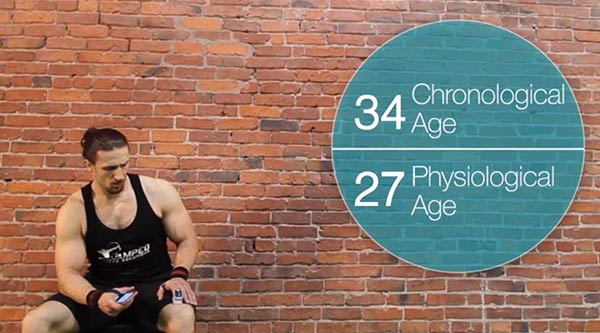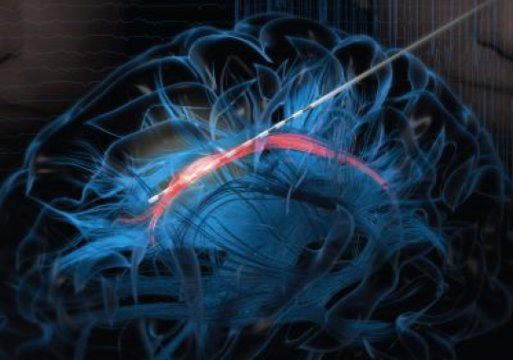Heart surgery can be traumatic for patients. Having to continuously monitor your status without a doctor when you are back home can be even scarier. Imagine being able to do that with a simple sticker applied to your body. Purdue University researchers have advanced a sticker solution moving it several steps closer to reality. The research was recently published in ACS Advanced Materials and Interfaces. “For the first time, we have created wearable electronic devices that someone can easily attach to their skin and are made out of paper to lower the…
Read MoreCategory: Health
Learning new vocabulary during deep sleep
Sleeping time is sometimes considered unproductive time. This raises the question whether the time spent asleep could be used more productively — e.g. for learning a new language? To date sleep research focused on the stabilization and strengthening (consolidation) of memories that had been formed during preceding wakefulness. However, learning during sleep has rarely been examined. There is considerable evidence for wake-learned information undergoing a recapitulation by replay in the sleeping brain. The replay during sleep strengthens the still fragile memory traces und embeds the newly acquired information in the…
Read MoreWhat’s age got to do with it?
It’s often said: It’s not how old you are, it’s how old you feel. New research shows that physiological age is a better predictor of survival than chronological age. The study is published today in the European Journal of Preventive Cardiology, a journal of the European Society of Cardiology (ESC). “Age is one of the most reliable risk factors for death: the older you are, the greater your risk of dying,” said study author Dr Serge Harb, cardiologist at the Cleveland Clinic in the United States. “But we found that physiological…
Read MoreRapid genetic evolution linked to lighter skin pigmentation
Populations of indigenous people in southern Africa carry a gene that causes lighter skin, and scientists have now identified the rapid evolution of this gene in recent human history. The gene that causes lighter skin pigmentation, SLC24A5, was introduced from eastern African to southern African populations just 2,000 years ago. Strong positive selection caused this gene to rise in frequency among some KhoeSan populations. UC Davis anthropologist Brenna Henn and colleagues have shown that a gene for lighter skin spread rapidly among people in southern Africa in the last 2,000…
Read MoreLaughter may be best medicine — for brain surgery
Neuroscientists at Emory University School of Medicine have discovered a focal pathway in the brain that when electrically stimulated causes immediate laughter, followed by a sense of calm and happiness, even during awake brain surgery. The effects of stimulation were observed in an epilepsy patient undergoing diagnostic monitoring for seizure diagnosis. These effects were then harnessed to help her complete a separate awake brain surgery two days later. The behavioral effects of direct electrical stimulation of the cingulum bundle, a white matter tract in the brain, were confirmed in two…
Read More




